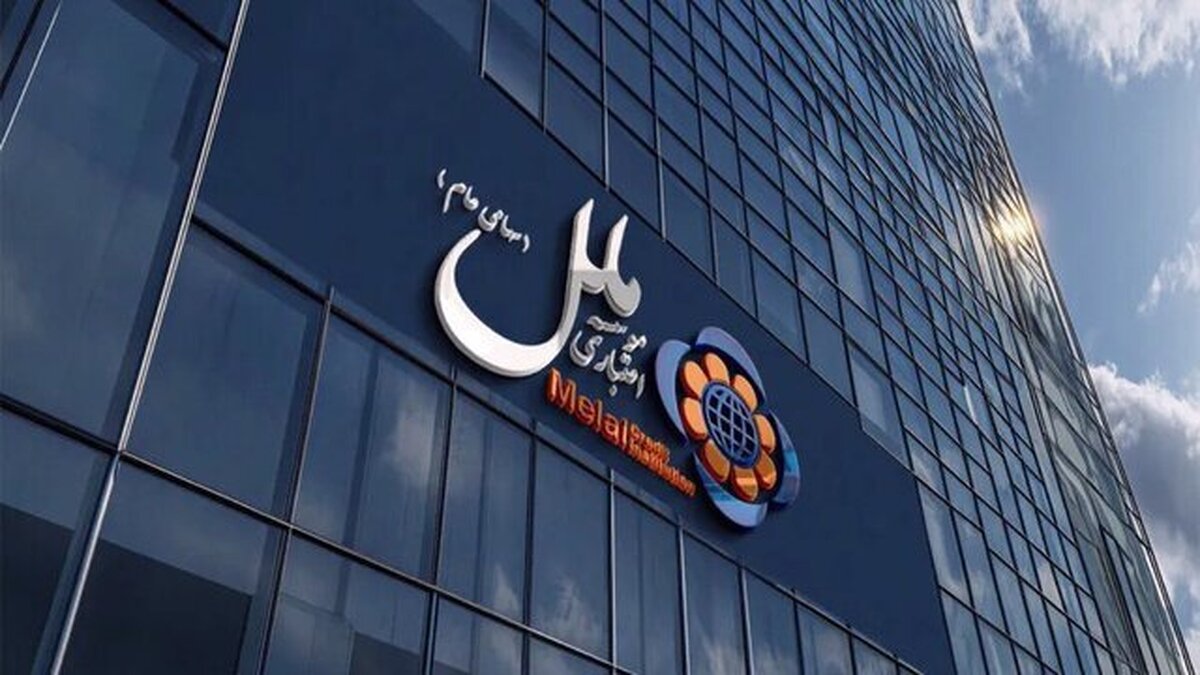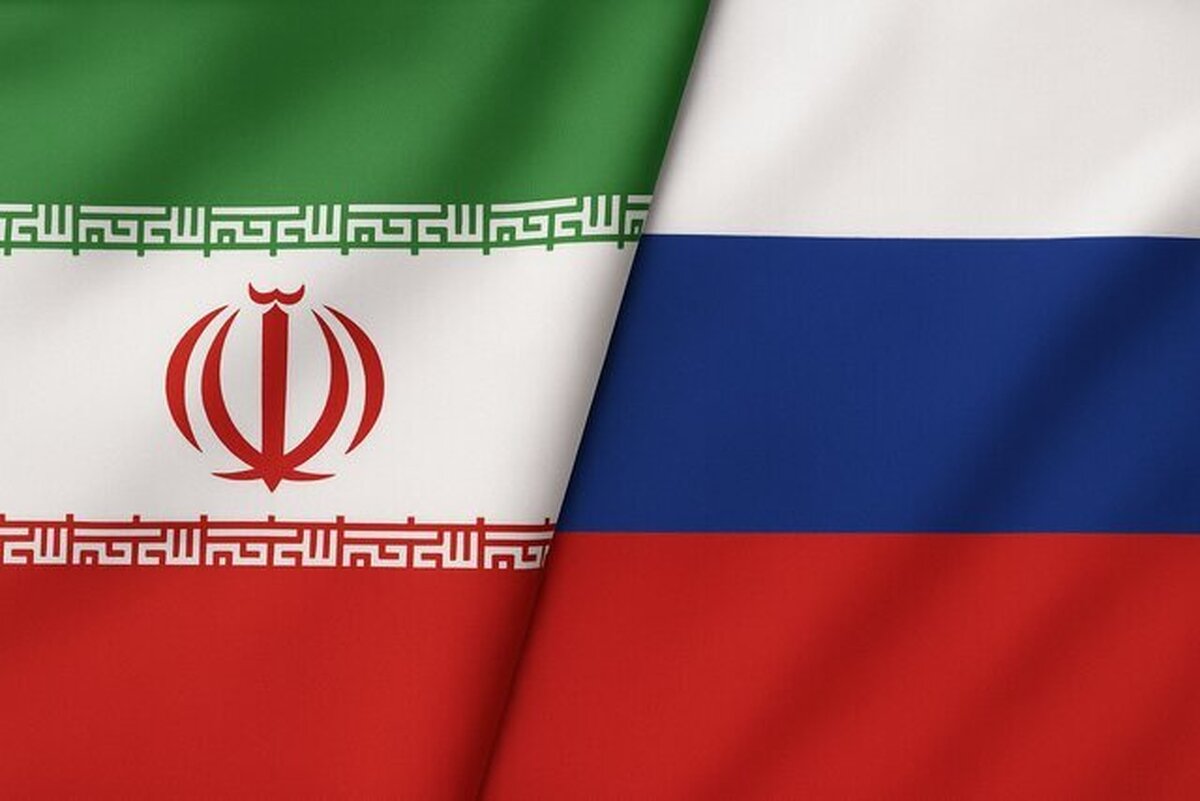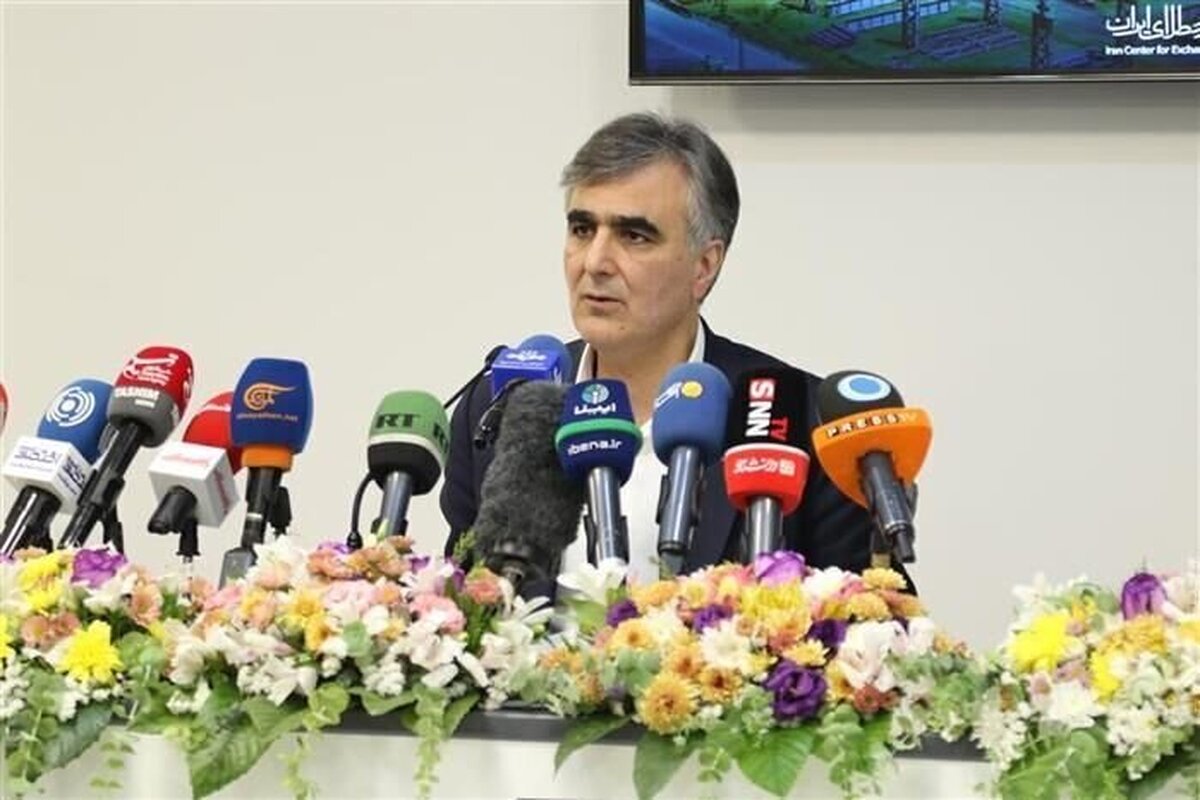
Big Benefits of a German ‘Iran Bank’
EghtesadOnline: Since US President Donald Trump pulled out of the nuclear agreement with Iran, formally known as the Joint Comprehensive Plan of Action, the EU has been looking for ideas to prevent the worst: the exit of Iran from its obligations under the deal.
The best way to prevent that is to keep private investment flowing from Europe to Iran. To finance such business, the deputy head of the Americas research division at the German Institute for International and Security Affairs (SWP) has proposed that Germany launch a bank, or convert an existing German bank, into an “Iran bank”.
In an opinion piece in the German news website Handelsblatt Global, Laura von Daniels wrote that when Trump withdrew from the JCPOA in early May he also reimposed “the highest level of economic sanctions” that had been waived as part of the Iran nuclear deal. These US sanctions do not apply only to American firms, but also hit companies and individuals in third states that do business with Iran.
The relevant US sanctions come into force on August 6 or November 4 for specific sectors such as oil. At that point, companies that do business with Iran will be barred from doing business in the US. And under secondary sanctions, banks and financial firms that do business with Iran will be excluded from the US financial markets, Financial Tribune reported.
According to von Daniels, the US strategy appears to be effective: Even before Trump’s official announcement, companies and banks operating in Iran were winding down their operations and repatriating their profits.
“To date, no major EU or US bank has declared itself willing to keep doing business in Iran,” she said.
Bad Options and the Better One
The SWP official argues that the European Commission could force European businesses to ignore US secondary sanctions under the Blocking Statute of 1996, which it updated on June 6. The statute has never been used and if the EU enforces it, it risks being sued for damages by affected European businesses.
Another option for maintaining economic ties with Iran is to finance important Iranian infrastructure projects through the European Investment Bank. But Tehran has already made it clear that it will not be content with the “crumbs” of publicly financed projects.
The best option, von Daniels says, is to encourage major private sector investment in Iran. This would, admittedly, be the most unusual path for the German government. Berlin could promote the establishment or conversion of a private bank designed to supply capital to corporations that remain interested in doing business with Iran.
This institution should have experience in corporate finance. It should also be independent of the US financial sector and have no investment arm of its own there. One potential candidate would be the troubled Deutsche Bank that has already largely wound down its investment banking activities in the United States.
If the German government were forced to use tax revenues to rescue Deutsche, which is Germany’s largest bank, it would gain a say in running it. For Deutsche Bank, this would be an opportunity to expand into a market it had been forced to abandon due to earlier US sanctions.
Starting in 2015, after the signing of JPCOA, companies invested billions in Iran again, with French oil giant Total and carmaker PSA leading the way.
According to media reports, sectors selling goods to Iran include European aircraft manufacturer Airbus, carmakers, engineering companies, consumer goods producers and transport and logistics firms. These exports require financing through loans, which Deutsche could provide.
However, Daniels says there will be many objections to this proposal. Ties with Iran may dent Deutsche’s reputation. (All other German banks, with the exception of a few credit unions, have withdrawn from Iran).
Deutsche’s shareholders might be shocked, its private customers perturbed and longstanding business clients unsettled. But if the alternative is a collapse of Deutsche, these risks appear smaller.
Another objection is that this plan would cause even more diplomatic ructions between the US and Germany.
Benefits of a German Iran Bank
These objections notwithstanding, if Paris and Berlin can agree on political backing for a German-based Iran Bank, they might not only save the Iran nuclear agreement but also gain a great deal for their respective business sectors.
German companies could move ahead with planned investments and remain in the Iranian market. The same applies to French corporations that have already made large initial investments. Other businesses across the entire EU could also profit.
A German Iran bank and the investment it enables would also keep the oil and gas flowing from Iran. At a time when Europe is trying to diversify its energy imports, that is a strategic advantage. The EU might be able to keep Iranian oil and gas out of the control of either Russia or China.
“The bank I propose would also send a strong message within the EU that its member states are serious about becoming ‘a Europe that protects’, as French President Emmanuel Macron and Commission President Jean-Claude Junker have promised,” Daniels wrote.
“To fulfill this vision, the EU must be willing to tread unconventional paths to protect its businesses and ultimately its citizens.”




